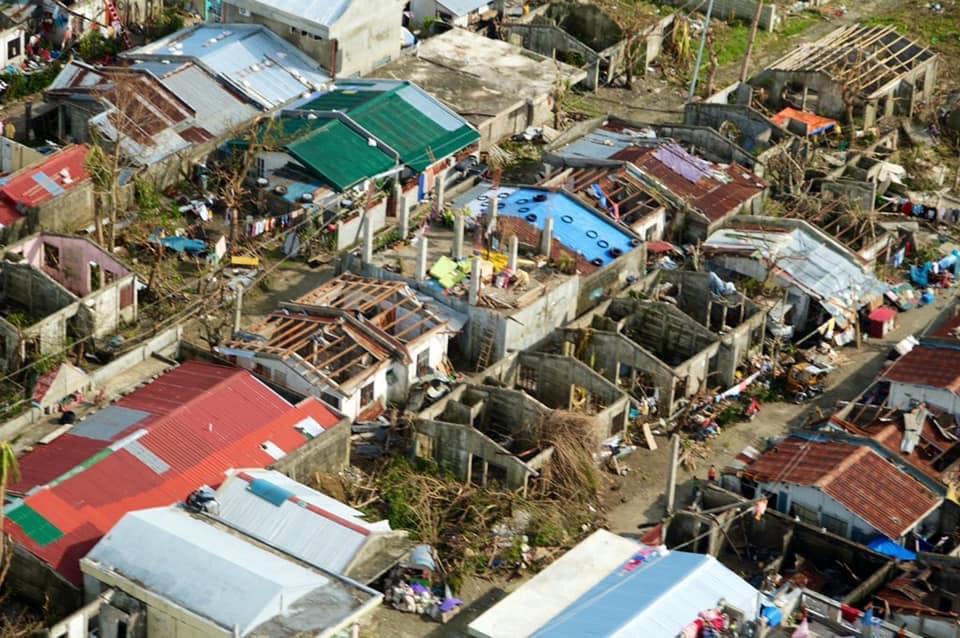Oxfam and partners assessing damage of massive storm affecting two million people.
Super typhoon Goni hit the northern Philippines and raced across the capital, Manila, affecting two million people and killing at least 16. The storm, known locally as “Rolly,” destroyed thousands of homes and damaged the crops of more than 26,000 farmers. Estimates of crop damages exceed $36 million, according to the Philippines Department of Agriculture.
Goni is the strongest storm to hit the Philippines this year. It passed through the Philippines and weakened after hitting the densely populated Manila area early on November 1. It is the most powerful storm to hit the country since Typhoon Haiyan killed more than 6,000 people in 2013.
“We have experienced terrible wind speeds, lashing rains, and devastating flooding,” Oxfam Philippines’ Country Director Lot Felizco said. “Goni knocked out mobile phone service, power lines, uprooted trees, and caused damage to critical infrastructure, including hospitals and markets. Homes made of light materials, particularly those near Mayon Volcano, were engulfed in floodwater and volcanic mudflows.”
“We will be conducting assessments of affected areas with our partners as soon as we can get access, but conditions are very difficult. Roads are flooded and power is down in many areas making coordination and communications with some parts of the most-affected region impossible.”
Goni struck as the Philippines continues to battle the Covid-19 pandemic.
“The threat of COVID-19 transmission means we need to be additionally vigilant in protecting both our emergency response teams and the people they are helping. The loss of critical facilities, vulnerabilities from lack of adequate food and shelter, poor conditions in evacuation centers, and ongoing displacement means we have to ensure response actions do not increase Covid-19 risks on top of other disease outbreaks,” said Felizco.

According to the World Health Organization, power outages caused by Goni might affect the efficacy of vaccines and coronavirus testing paraphernalia, which need to be frozen. Instead of testing all evacuees for Covid-19 before they go back to their communities, symptoms screening and monitoring were recommended by the Department of Health.
Oxfam is working with local partners Humanitarian Response Consortium, Aksyon sa Kahandaan sa Kalamidad at Klima and Philippine Support Service Agencies, Community Organizers Multiversity, and People’s Disaster Risk Reduction Network.
Goni is the Philippines' 18th tropical cyclone for 2020. Tropical storm Atsani/Siony is expected to make landfall in Cagayan Valley (in the northeast of the island of Luzon) this week, according to the state weather bureau. Cagayan Valley is the same area ravaged by Mangkhut, a powerful super typhoon, in September 2018, the strongest storm that year. An average of 20 tropical cyclones form near the Philippines each year.
Goni is the third consecutive typhoon in two weeks.
